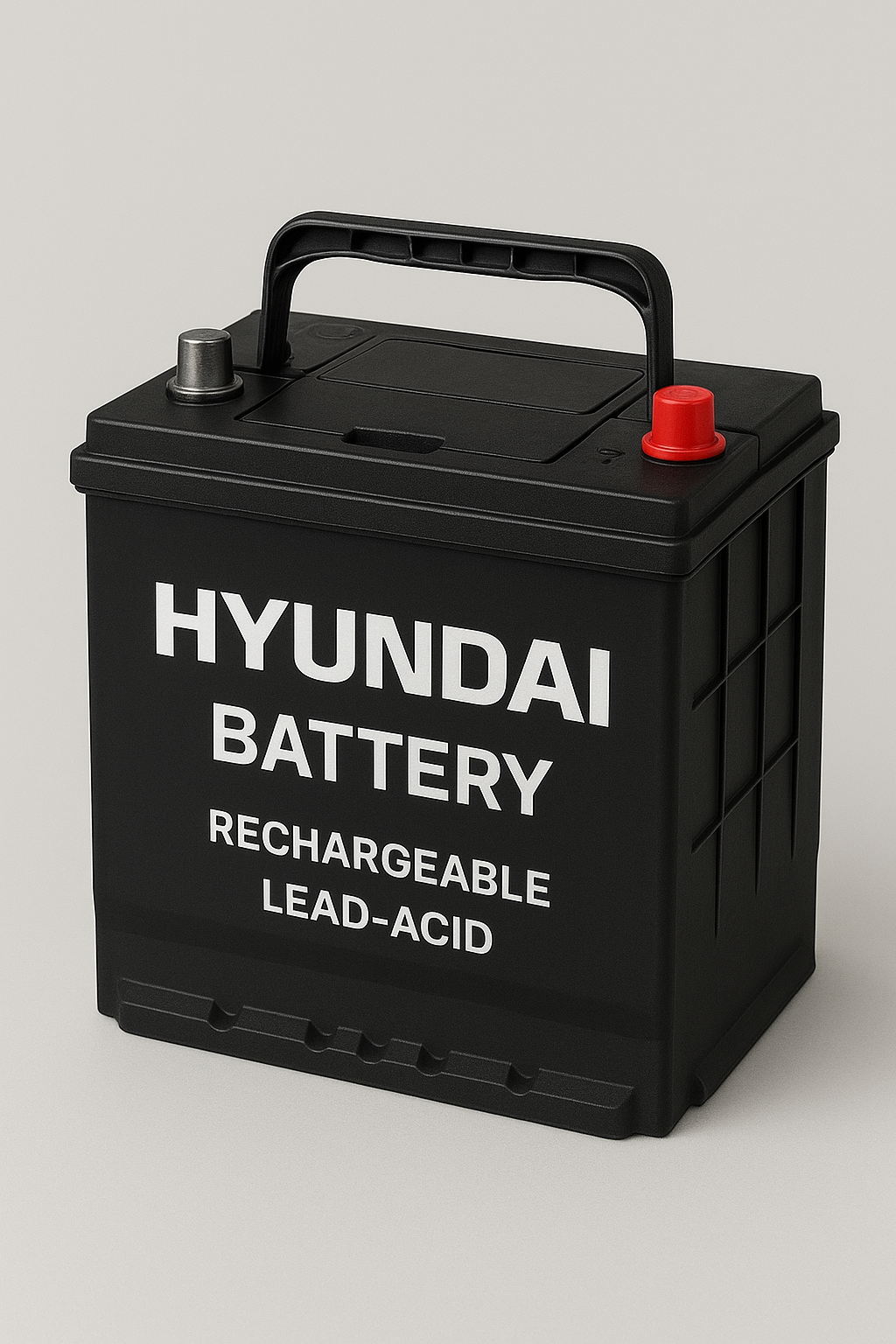Hyundai has secured a U.S. patent for a new method that makes copper usable in sulphide-based solid-state batteries. The patent was published on August 18, 2025.
Copper is widely used in conventional lithium-ion batteries as an anode current collector. It offers high conductivity and low cost. But in solid-state batteries, copper has been avoided. The sulphide electrolytes corrode copper, forcing manufacturers to use alternatives like nickel or stainless steel. These materials are more expensive and less conductive.
Hyundai’s patent changes this equation. The company developed a protective coating that shields copper from corrosion. The design uses a carbon sheet combined with vertically aligned carbon nanotubes. It also integrates lithiophilic metal particles such as silver, aluminum, or gold. This layer enhances durability and ensures stable adhesion.
The new structure allows copper to survive repeated charge and discharge cycles. It maintains strong conductivity and prevents capacity loss. This breakthrough could reduce battery costs and improve performance for electric vehicles.
Hyundai has been pushing aggressively in solid-state battery research. In 2023, it filed another patent for a system that maintains constant pressure in battery cells. In January 2025, the company confirmed plans for a pilot production line. Mass production is expected around 2030.
The global race for solid-state battery technology is intense. Automakers see it as the next leap beyond lithium-ion. Solid-state batteries promise higher energy density, faster charging, and improved safety. Companies like Toyota, Volkswagen, and Stellantis are also working on similar solutions.
Hyundai’s copper breakthrough strengthens its position in this race. By combining low-cost materials with long-term stability, the company could lower barriers to mass adoption of solid-state EV batteries.

